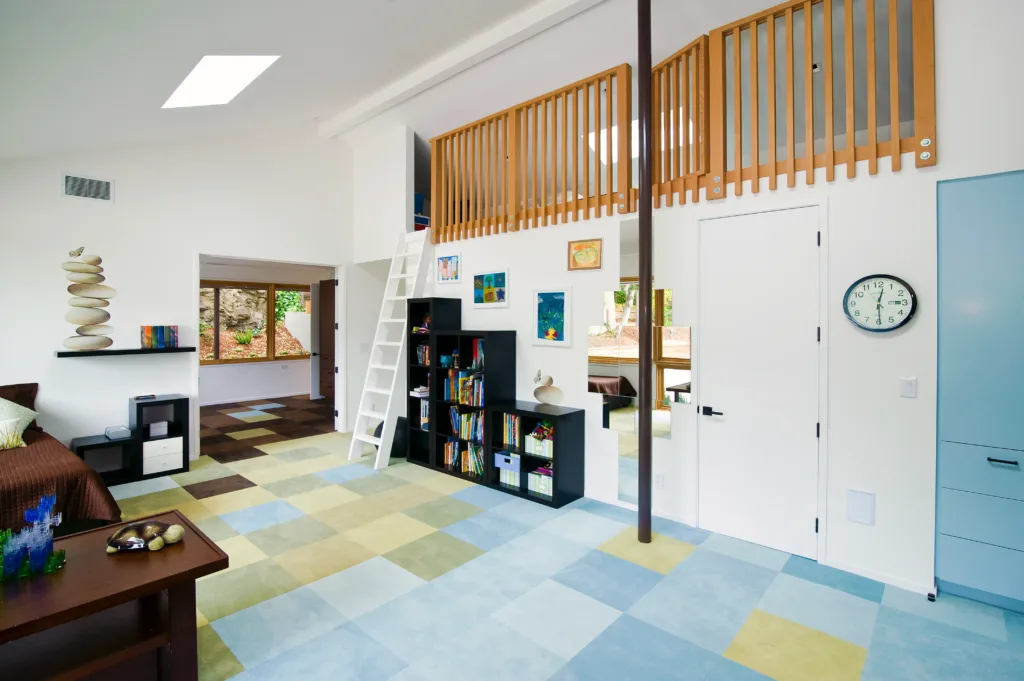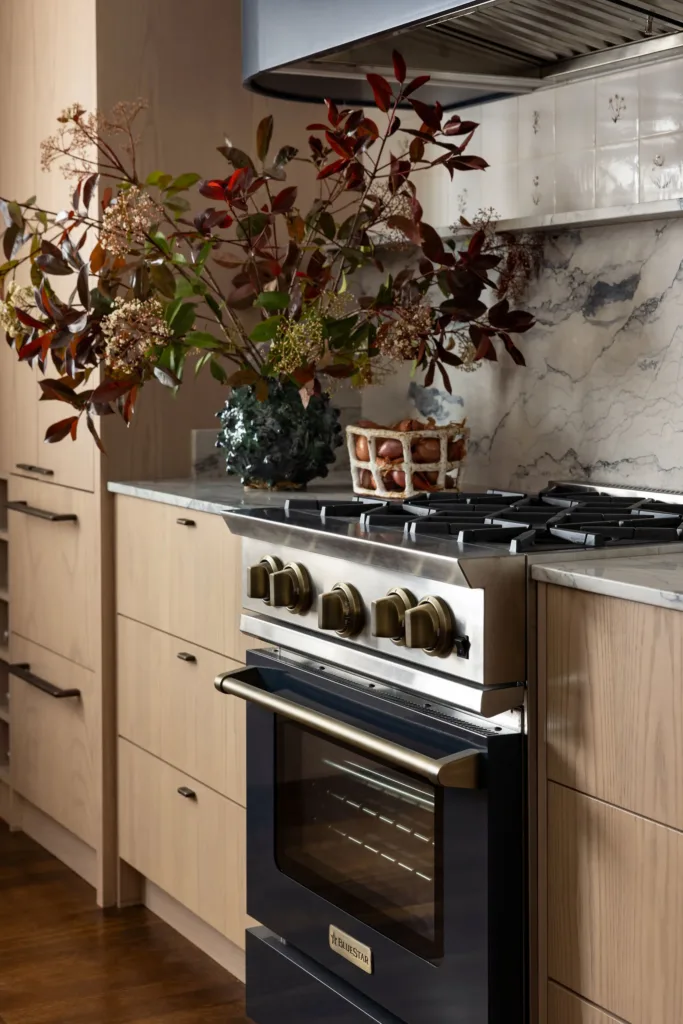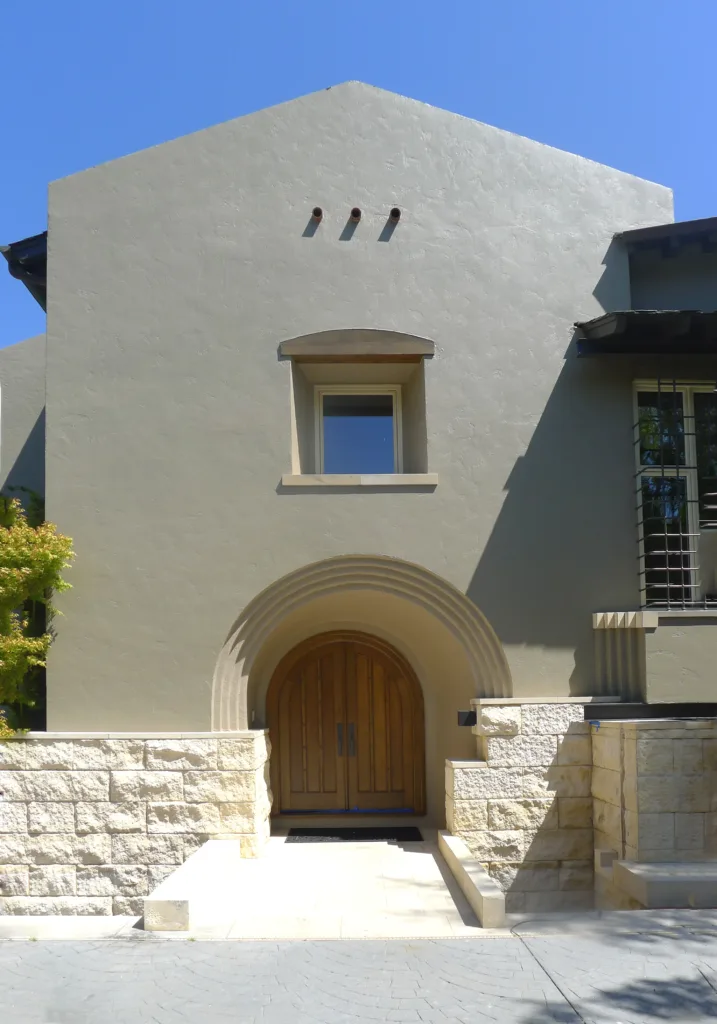Premier Residential Painting Company
Exterior House Painters of Lafayette
Lafayette’s diverse architectural styles demand expertise and attention to detail. From California ranch homes to Mediterranean villas, contemporary estates to traditional colonials, each property requires specialized knowledge and proper technique.
Our exterior painting process protects Lafayette homes from intense sun exposure, temperature extremes, and seasonal weather changes while enhancing their distinctive character.
We start with comprehensive surface prep: pressure washing, scraping failing paint, repairing wood rot and weather damage, caulking and sealing, and proper priming for long-term adhesion.
We use Benjamin Moore Regal and Sherwin-Williams Duration, premium coatings engineered to withstand Lafayette’s inland microclimate with its hot, dry summers. Every Lafayette exterior project is backed by our 5-year warranty against peeling, bubbling, and cracking.
From hillside estates to valley homes, we’ve protected Lafayette’s finest properties.
Premier Residential Painting Company
Interior House Painters of Lafayette
Lafayette interiors reflect sophistication and quality. Whether you’re updating a spacious family home in Burton Valley, refreshing an estate with custom finishes, or transforming rooms in Happy Valley, we bring precision and professionalism to every project.
Our interior painting process includes complete furniture and floor protection, thorough patching and surface prep, premium low-VOC paints for healthier indoor environments, complimentary color consultations, and meticulous daily cleanup.
We understand Lafayette homes and their owners’ expectations. We work efficiently, respect your privacy and schedule, and deliver flawless finishes that complement your home’s design and architecture. Most Lafayette interior projects take 3 to 7 days, with proactive daily communication so you’re always informed.
Empowering Interior Design
Trust Only The Best Painting Services in Lafayette
Lafayette homeowners have high expectations. What makes Arana Craftsman Painters the right choice? Experience and accountability. We’ve served Lafayette since 2004, building trusted relationships in one of the San Francisco Bay‘s most discerning communities.
We’re committed to long-term partnerships, which is why every project includes a 5-year warranty and yearly check-ins. Our 10 full-time crews bring 100 years of combined experience, and we’ve applied over 60,000 gallons of premium paint across the San Francisco Bay.
We use only top-tier products from Benjamin Moore, Sherwin-Williams, Renner, and Cabinet Coat. When Lafayette homeowners want painters who understand quality and deliver exceptional results, they choose us.


Commercial Painters in Lafayette
Lafayette’s business community values professionalism and quality. From Mt. Diablo Boulevard offices to retail spaces downtown, professional buildings to commercial properties throughout Lafayette, your business deserves painting contractors who deliver excellence.
We’ve served Lafayette businesses since 2004 with the same reliability and craftsmanship we bring to residential projects. We work around your operating schedule, use commercial-grade coatings designed for professional environments, maintain impeccably clean job sites, and communicate clearly throughout the process.
Whether you need an office refreshed, a retail space updated, or a commercial building repainted, we have the expertise and capacity to deliver premium results on schedule and within budget.
Cabinet Painters in Lafayette
Lafayette kitchens showcase quality and design. But replacing cabinets can cost $25,000 to $60,000 or more. Professional cabinet painting delivers exceptional transformations for a fraction of that investment.
We specialize in cabinet refinishing using Renner and Cabinet Coat, two of the most durable and premium coatings available. Our process includes complete disassembly and labeling, professional degreasing and sanding, precision priming, and flawless finish coats applied in a controlled environment (never sprayed in place).
We’ve transformed kitchens throughout Lafayette, from traditional family homes to contemporary custom estates. We provide honest, realistic expectations upfront because integrity matters. Most Lafayette cabinet projects take 5 to 10 days and are backed by our 5-year warranty.

Premium Painting Services
Contact Your Future Lafayette House Painters Today!
Ready to protect and enhance your Lafayette home? Arana Craftsman Painters has served Lafayette homeowners since 2004 with reliability, superior craftsmanship, and a 5-year warranty that demonstrates our long-term commitment.
We’re locally owned, fully licensed, insured, and dedicated to treating your Lafayette home with the exceptional care it deserves. Whether you’re in the hills or the valley, we bring the same precision and professionalism to every project. Contact Arana Craftsman Painters today at 510-405-3279 and schedule a complimentary consult.
Happy Clients in San Francisco Bay











